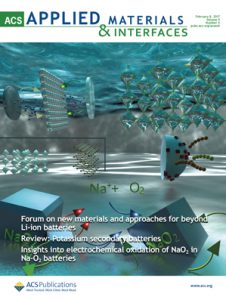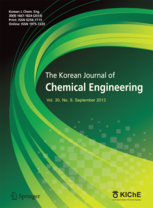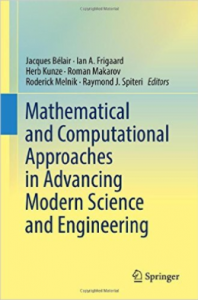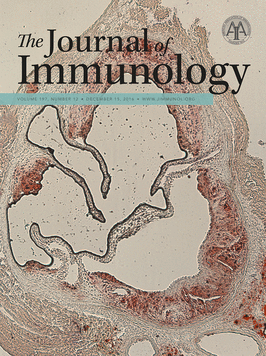 PLOS ONE has issued an expression of concern after the authors of a controversial study about chronic fatigue syndrome declined to share some of their data.
PLOS ONE has issued an expression of concern after the authors of a controversial study about chronic fatigue syndrome declined to share some of their data.
In an unusual move, the journal included the authors’ response to the expression of concern (EOC), in which they strongly argue against the notice, and “do not accept that it is justified.”
In 2015, following public requests to review the data, the journal issued an “editor’s note” on the paper, noting the journal’s policy that authors make data and materials available.
There have been numerous requests for data from the “PACE” trial, as the clinical trial is known. Patients and advocates have long disputed the results, arguing that suggesting cognitive behavior and graded exercise therapy could cause harm.
In the latest notice, the journal says it consulted two editorial board members about the paper, a 2012 sub analysis of a controversial clinical trial on chronic fatigue syndrome. The journal then asked the authors to provide the data behind five tables, which would enable researchers to replicate the cost-effectiveness analyses the authors report for different therapies — including graded exercise therapy, which some patient advocates believe could be harmful.
As with previous requests for data, the authors refused to provide it, citing patient confidentiality and consent. The notice explains:


 Researchers have retracted two 2016 papers from the same journal which were published without the permission of the supervising scientists.
Researchers have retracted two 2016 papers from the same journal which were published without the permission of the supervising scientists.


 A lab at the University of California, Los Angeles has retracted two papers for duplicated images.
A lab at the University of California, Los Angeles has retracted two papers for duplicated images. Circumcision is a hot topic. So hot, questions about a reviewer’s potential conflict with the author of an article promoting circumcision prompted a journal editor to resign, and one academic to call another a “fanatic.”
Circumcision is a hot topic. So hot, questions about a reviewer’s potential conflict with the author of an article promoting circumcision prompted a journal editor to resign, and one academic to call another a “fanatic.”